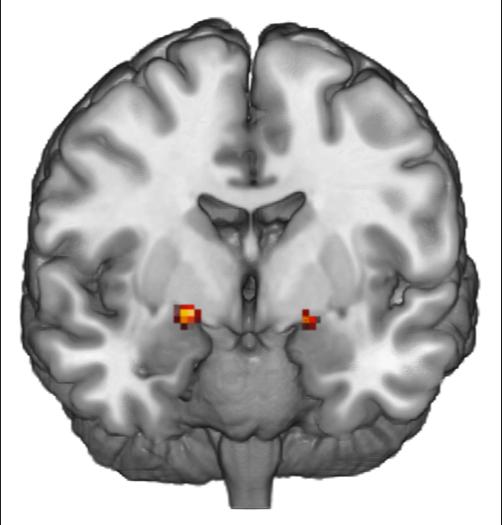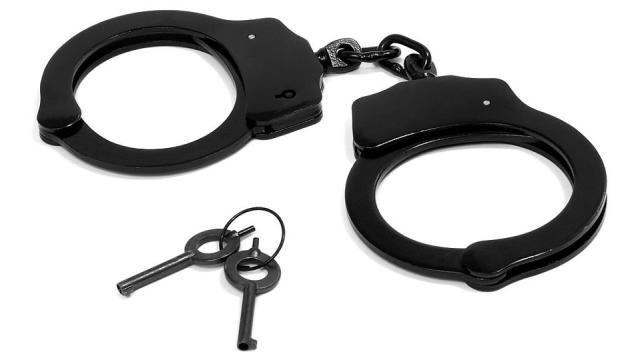The Knobe Effect is a psychological double-standard that allows us to blame people for a bad outcome, yet not give them credit for a good one. Researchers have now studied the brains of the blamers to pinpoint a possible culprit for why we do this.
The Knobe Effect started out with a simple scenario. The CEO of a large company is contemplating a move. The sole reason for the move is that it will make the CEO money. Sure, it will wipe out a species of owl, but the CEO doesn’t care one way or another. Is that CEO intentionally harming the environment?
What if we alter the scenario slightly? Now the CEO makes the same move, knowing (but not caring) that it will safeguard the last pristine breeding ground of a specific kind of butterfly. Are they intentionally helping the environment? Philosopher Joshua Knobe found that most people will say that the CEO intentionally harmed the environment, but did not intentionally help it.
That is the Knobe Effect. If the question is framed as a CEO either complying with the policies of an oppressive government and harming people in the name of profit, or defying the government and helping them in the name of profit, subjects will say that the CEO is intentionally helping, but not intentionally harming, the people. Nobody knows why people seem to have this double standard. Is it emotion? Is it the context of the conversation?

Researchers at Duke University decided to use MRI to study people taking this psychological test, and found a clue. The amygdala region showed more activity when subjects heard about the CEO harming the environment. It’s associated with emotion, in this case, negative emotions. The amygdala was much less engaged when subjects considered the positive scenario. The scientists speculate that the subjects didn’t experience a surge of positive emotions towards the CEO during the positive outcome scenario, because they disliked the CEO’s indifference.
But this isn’t just about a desire to punish. The subjects weren’t given the option of punishing or rewarding anyone. It’s about feelings and how they skew how we see the world — or at least the inside of other people’s heads. An accident is not punishable, or not punished as severely, as intentional actions. If, when faced with negative outcomes, we literally believe that the person we’re judging has deliberately caused them, then we’ve rigged the entire justice system based on our anger. How can we judge people if we’re not capable of accepting that a bad outcome is unintentional?
[Source: Two Distinct Moral Mechanisms for Ascribing and Denying Intentionality]
